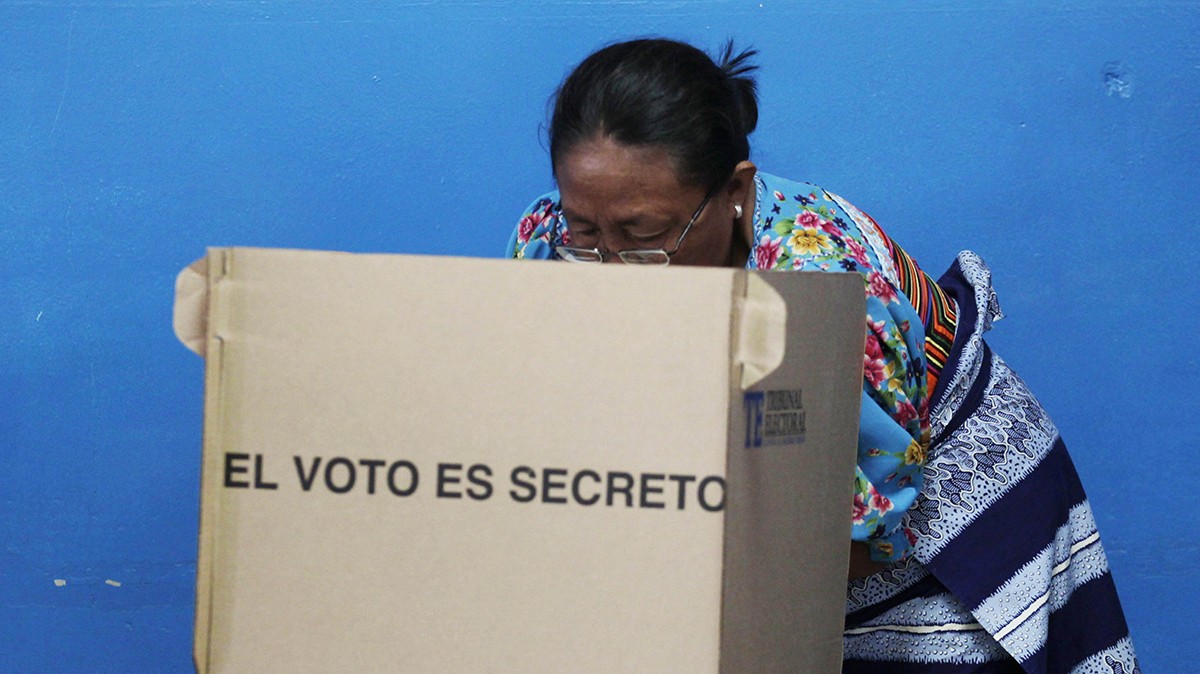In the next 10 days Argentina, Bolivia and Uruguay will hold presidential elections. Beyond a new left- or right-wing ascension, we will see more demanding voters seeking incumbent accountability.
Bolivia, which will hold elections on Oct. 20, and Uruguay, which will hold elections a week later, have had the same left-wing party in power since 2005. (In Bolivia’s case, it’s been the same president since 2005.) Both countries were part of the left-wing wave that spread over Latin America in the 2000s. This wave was sustained by economic booms generated by high commodity prices, which ended in 2014. Indeed, many argue that in Argentina, where general elections are scheduled for Oct. 27, it was low commodity prices that brought right-wing president Mauricio Macri to office in 2015, in what was considered the start of a new right-wing trend.
In 2019, Uruguay’s economy is barely growing, and its ruling party, Broad Front, will likely suffer from voter discontent with the economy. Bolivia’s economy is projected to grow by 4 percent, but its president, Evo Morales, and his Movement to Socialism party, could face opposition from voters who are still annoyed by his efforts to challenge the constitution and seek a fourth term.
As a result, elections in both Bolivia and Uruguay will be the most competitive since these parties reached power, and many analysts are forecasting that they will not be decided without second rounds.
In Argentina, Macri is running for re-election, but his defeat is expected based on the result of general primary elections in August, where he obtained 12 points less than his main contender, Peronist Alberto Fernandez. The result can be easily explained by the economy. The International Monetary Fund forecasts that the Argentine economy will shrink by 3 percent and inflation will be 60 percent this year. Unemployment and poverty are at record highs, while international reserves and government accounts have plummeted. Macri has been forced to unilaterally postpone payments on government bonds, and the IMF has suspended payments of a record-size loan that was given to avert the consequences of a 2018 run on the currency. Voters are thus likely to punish Macri, as they did his predecessor, Cristina Fernandez de Kirchner, in 2015.
Over the next several weeks, election observers would be wise to pay more attention to these countries’ demanding voters and less to any ideological waves. These voters want their leaders to deliver economic performance, and they want to be taken seriously when they are called to vote.

